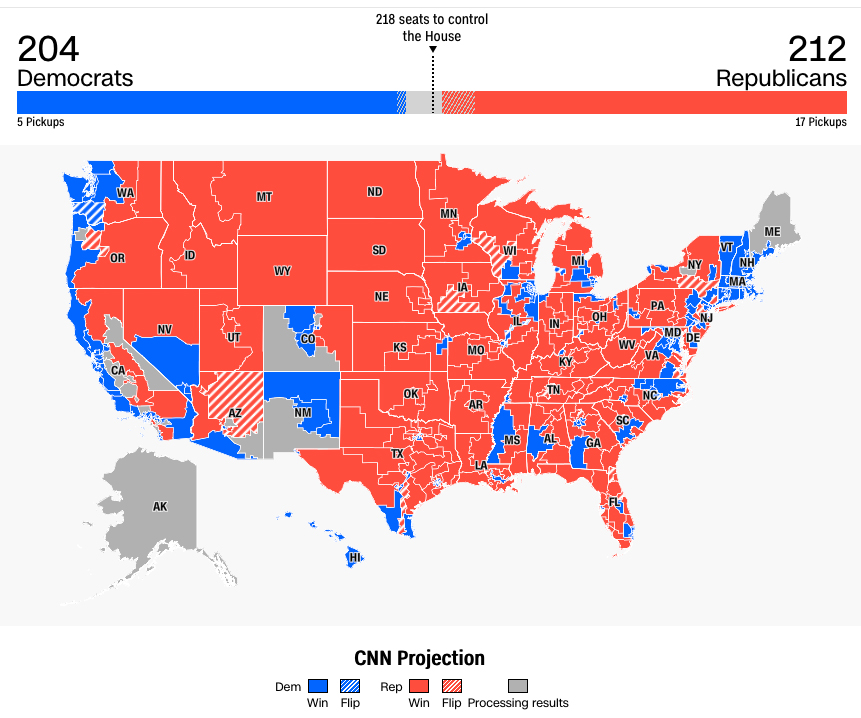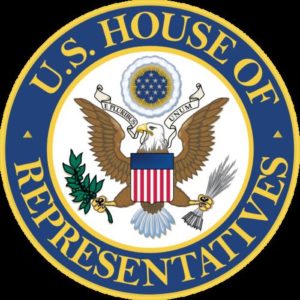By Jim Ellis — Monday, Dec. 19, 2022
President
Primary Schedule: Push-Back Could Change Announced Plan — Apparently, the Democrats haven’t quite settled on the 2024 primary schedule due to objections from certain party leaders about South Carolina being moved to the number one position. Last week, President Biden made a specific schedule change suggestion involving several states that the initial Democratic National Committee policy panel approved. The plan called for South Carolina, New Hampshire, Nevada, Georgia, and Michigan, in that order, being allowed to host primary elections prior to a larger number of states voting on Super Tuesday in early March.
Now, it appears that a move potentially involving Georgia, Nevada, or North Carolina ultimately becoming the first state on the Democratic calendar could potentially alter the not-yet-adopted presidential primary voting schedule. Therefore, while it looked as if the Biden suggestions were headed for full DNC adoption, that might not prove to be the final decision. Stay tuned.
House
NV-1: Challenger Files 2024 Committee — Businessman Mark Robertson (R), who lost to Rep. Dina Titus (D-Las Vegas) by a 52-46 percent count in November, has filed a new congressional committee for 2024. Robertson’s action does not mean he is committed to running again, but certainly leaves the door open for a seamless transition into another campaign. Short-term, it provides a legal fundraising vehicle.
Redistricting changed the 1st District from a D+22 seat, according to the FiveThirtyEight data organization, to its current D+4, thus making it a competitive CD for the next several elections. Whether Robertson again becomes an official candidate or not, Rep. Titus can expect another competitive challenge coming her way in 2024.
VA-4: Democrat Drops Out — Approaching the quickly called Dec. 20 firehouse special election primary, where only five polling stations are open throughout the sprawling district that stretches from Richmond to the North Carolina border, state Delegate Lamont Bagby (D-Richmond), one of the leading candidates, withdrew from the race and endorsed state Sen. Jennifer McClellan (D-Richmond). She now appears as the party leaders’ selected choice.
Republicans voted in their firehouse primary Saturday. The scheduled Feb. 21 special congressional election is on the ballot to replace the late Congressman Donald McEachin (D-Richmond).
States
Massachusetts: Gov. Baker in Line for New Position — Outgoing Massachusetts Gov. Charlie Baker (R) has accepted a new position that takes him both out of politics and the private business sector. Beginning in March, he will become the new President of the National Collegiate Athletic Association (NCAA).
Now that football is administered through the College Football Association, the NCAA has much less influence over the domain of college athletics. His biggest challenge in this new position is making sure the organization does not lose control over the annual national college basketball tournament, which is currently the NCAA’s largest event.





